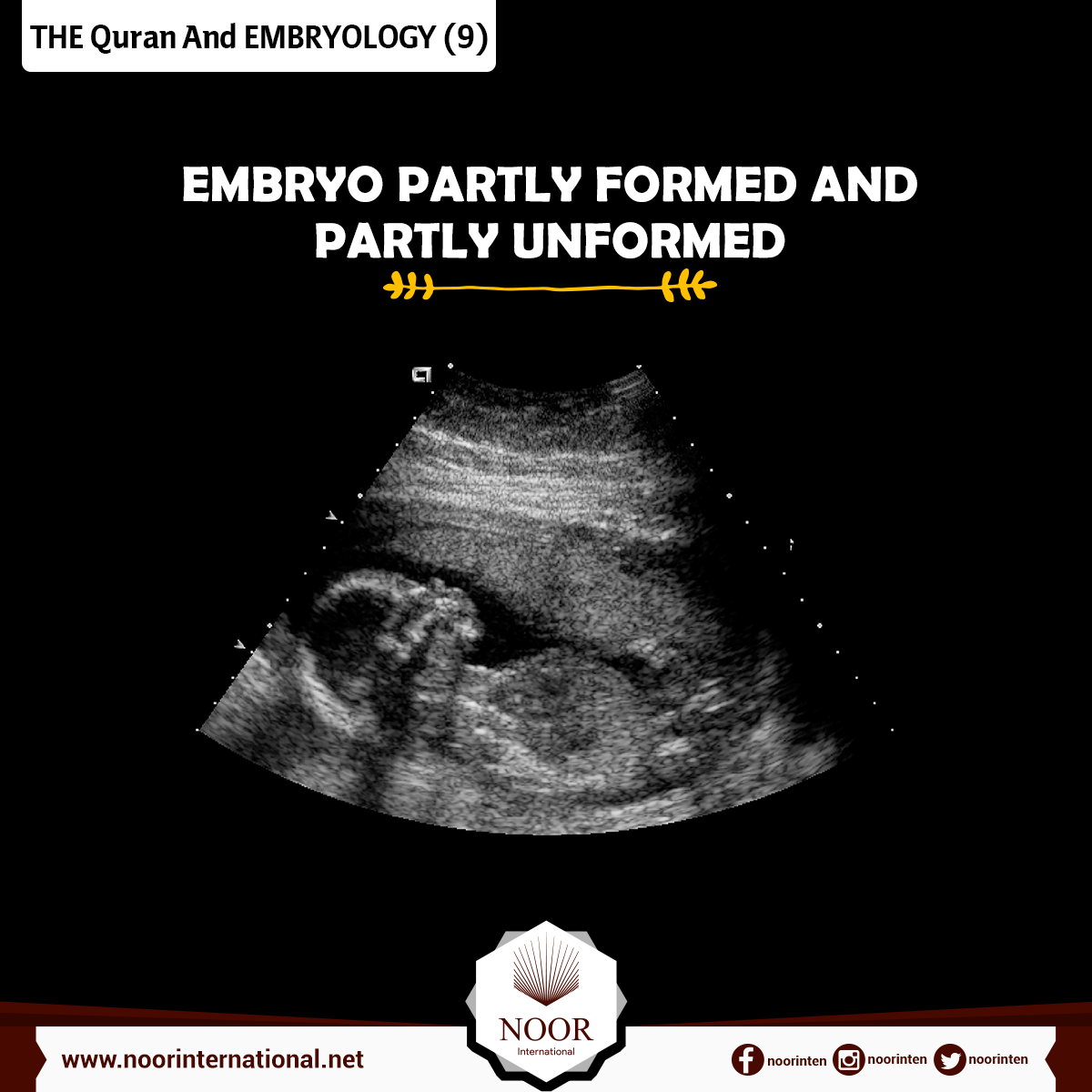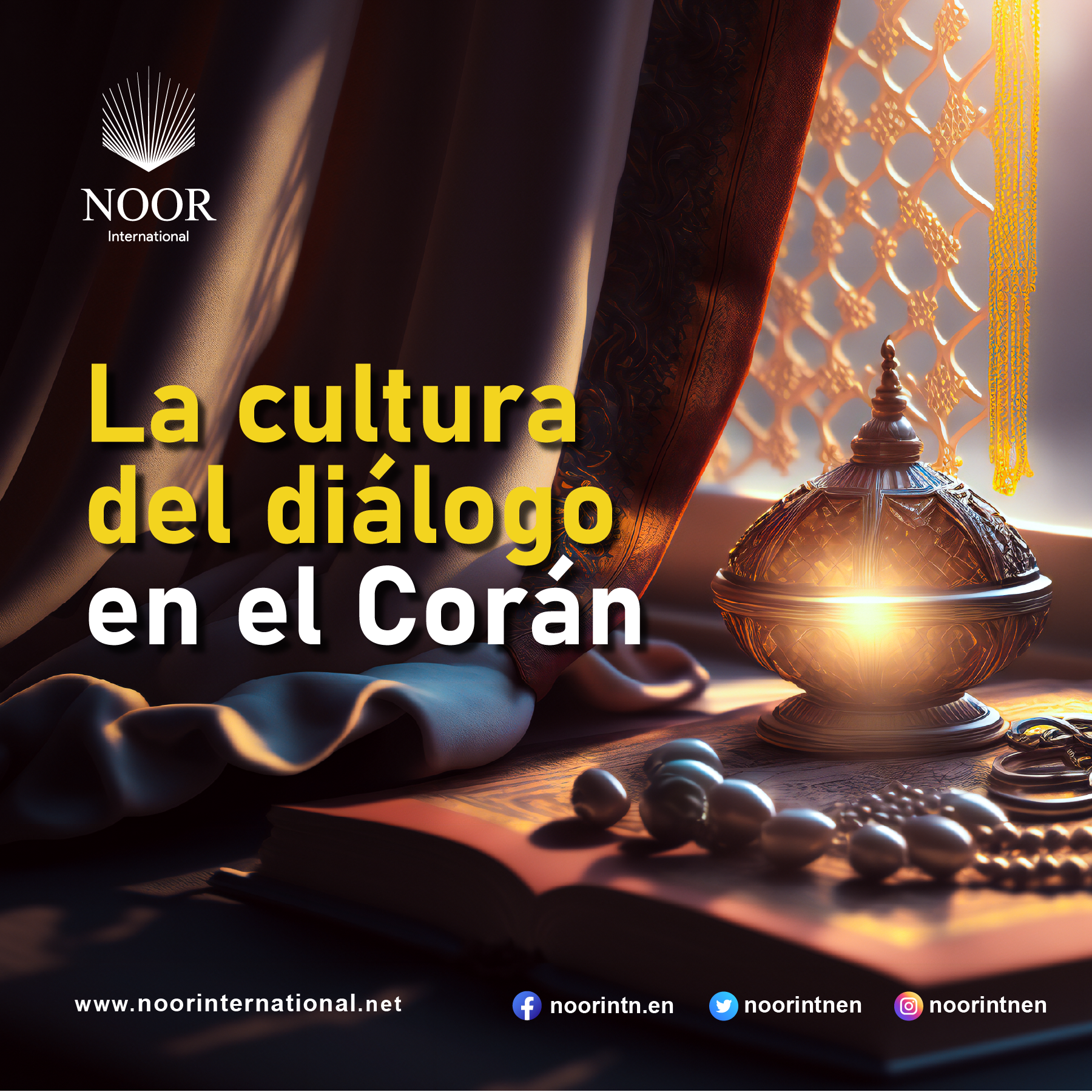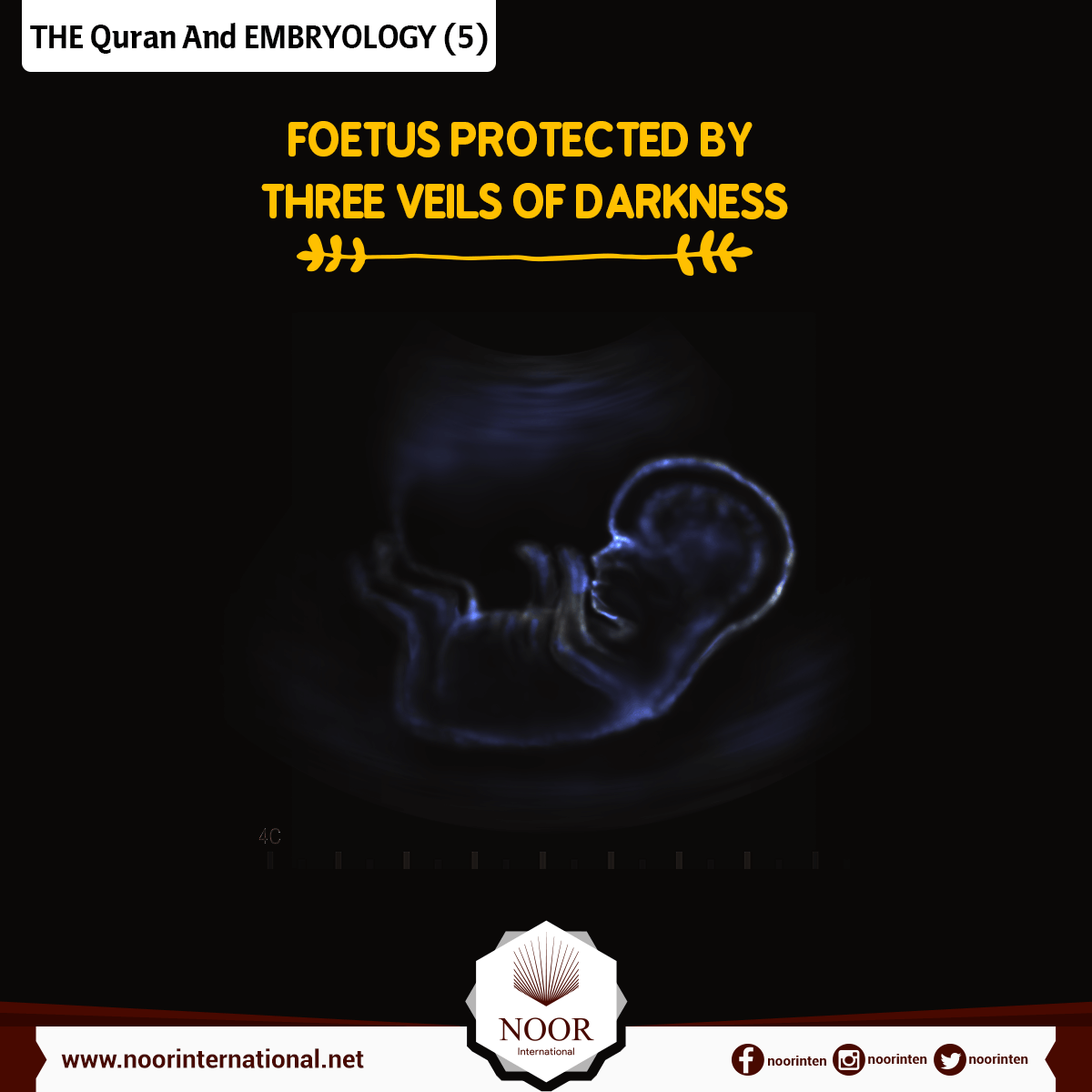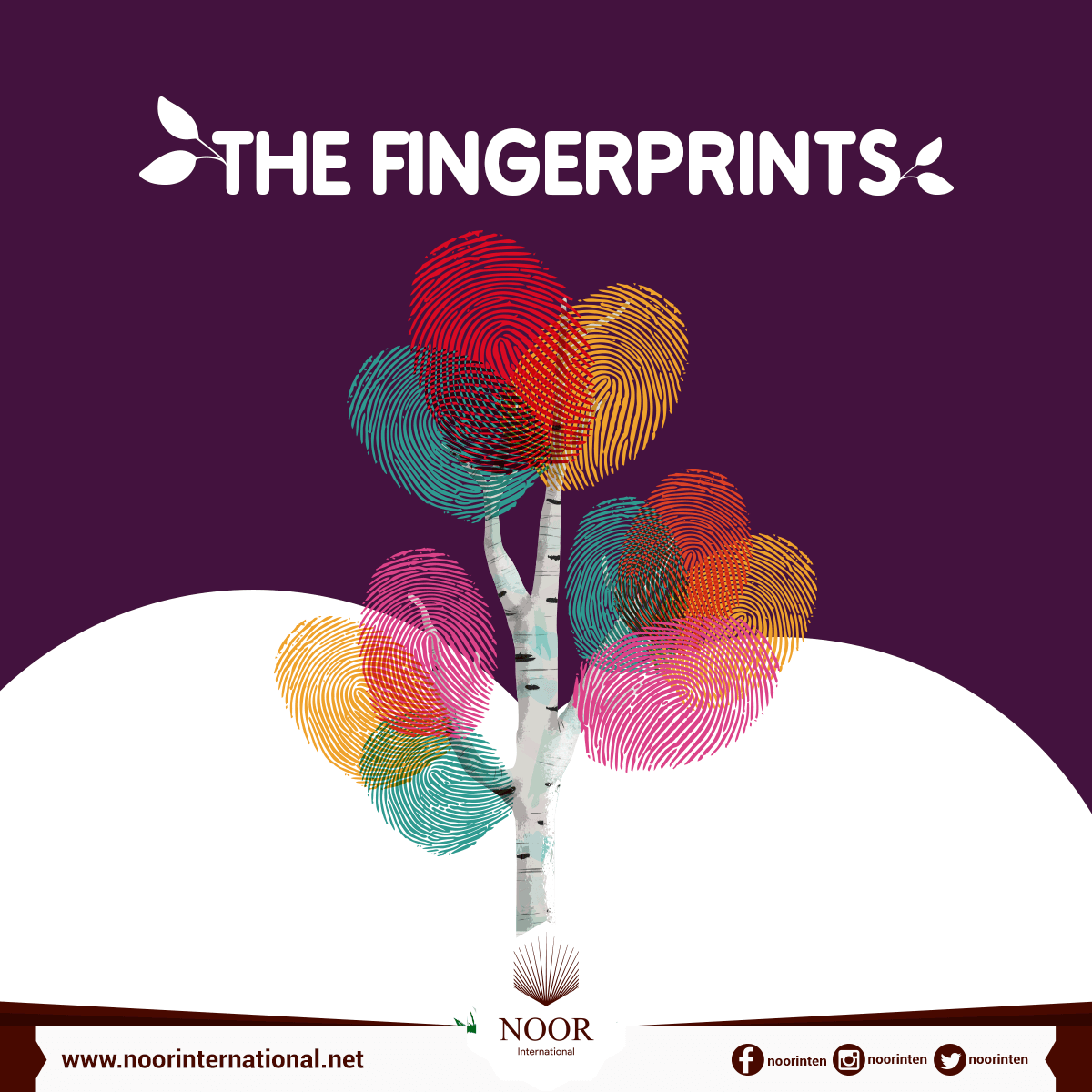{ O People, if you should be in doubt about the Resurrection, then [consider that] indeed, We created you from dust, then from a sperm-drop, then from a clinging clot, and then from a lump of flesh, formed and unformed - that We may show you. And We settle in the wombs whom We will for a specified term, then We bring you out as a child, and then [We develop you] that you may reach your [time of] maturity. And among you is he who is taken in [early] death, and among you is he who is returned to the most decrepit [old] age so that he knows, after [once having] knowledge, nothing. And you see the earth barren, but when We send down upon it rain, it quivers and swells and grows [something] of every beautiful kind.}
At the mudghah stage, if an incision is made in the embryo and the internal organ is dissected, it will be seen that most of them are formed while the remaining are not yet completely formed.
According to Prof. Johnson, if we describe the embryo as a complete creation, then we are only describing that part which is already created. If we describe it as an incomplete creation, then we are only describing that part which is not yet created. So, is it a complete creation or an incomplete creation?
There is no better description of this stage of embryogenesis than the Qur’anic description, “partly formed and partly unformed”, as in the following verse:
AL‑HAJJ (5)
Scientifically we know that at this early stage of development there are some cells which are differentiated and there are some cells that are undifferentiated – some organs are formed and yet others unformed.
related cards
Browse Islamic cards



![A [burning] lamp and luminous moon.](https://noor.gallery/assets/media/34657_bannerArticleThumb.png)



